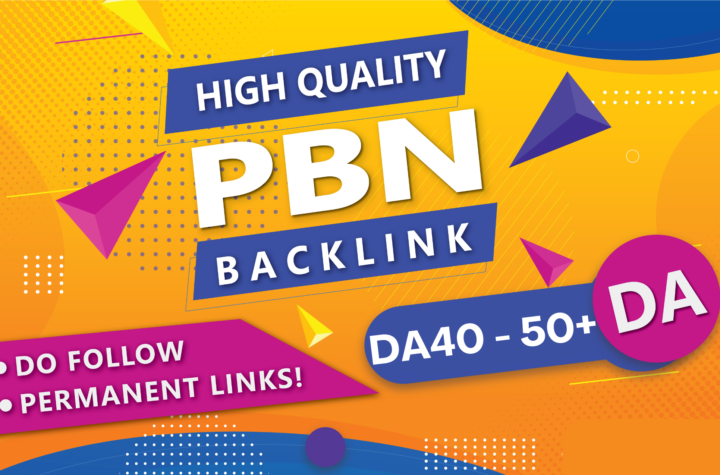
Local businesses in Boston face fierce competition, and standing out online is more important than ever. Whether you run a coffee shop in Back Bay, a law firm in Cambridge, or a boutique in Beacon Hill, optimizing for Local SEO Boston can dramatically increase your visibility, attract more customers, and ultimately boost revenue. This guide offers a comprehensive approach to help you dominate local search results and grow your business effectively.
Understanding Local SEO and Its Importance
Local SEO (Search Engine Optimization) focuses on improving your online visibility for geographically related searches. When someone types “best pizza in Boston” or “plumber near me,” search engines pull up local business listings that are optimized for those queries. The goal of Local SEO is to ensure your business appears in those top results when potential customers in Boston are searching for your products or services.
Google considers factors such as location, relevance, and prominence. By aligning your digital presence with what Google values most, you can appear higher in search results, particularly in the “Local Pack” — the map section with three business listings that shows up for local queries.
Optimize Your Google Business Profile
One of the first and most critical steps in Local SEO Boston is claiming and optimizing your Google Business Profile (formerly Google My Business). This profile plays a massive role in how your business appears in Google Maps and the local search pack.
- Claim Your Listing: Go to Google Business Profile and claim your business.
- Accurate Information: Ensure that your name, address, and phone number (NAP) are consistent across all platforms.
- Choose the Right Categories: Select primary and secondary categories that best reflect your services.
- Add Photos and Videos: High-quality images of your storefront, staff, and products build trust and engagement.
- Regular Updates: Post updates, offers, or news to keep your profile fresh.
- Encourage Reviews: Positive customer reviews enhance your credibility and influence rankings.
Ensure NAP Consistency Across Online Directories
Your business Name, Address, and Phone number must be identical across all online platforms — websites, directories, social media, and citation sites. Google uses this consistency as a trust signal, which directly impacts your local SEO rankings.
Some major citation platforms to consider:
- Yelp
- TripAdvisor
- Apple Maps
- Bing Places
- Yellow Pages
- Foursquare
Using tools like Moz Local, BrightLocal, or Yext can streamline this process and help maintain consistency across multiple listings.
Leverage Local Keywords and Boston-Centric Content
To rank for Local SEO Boston, integrating geo-specific keywords throughout your site is essential. Instead of just “dentist,” use “family dentist in Boston” or “Downtown Boston dental services.”
Where to use local keywords:
- Page titles and meta descriptions
- Header tags
- Service and location landing pages
- Alt text for images
- Blog content and FAQs
Creating content that highlights Boston events, local news, or neighborhood guides not only attracts local traffic but also positions your business as a community-focused brand. For example, a landscaping company might write about “Top 5 Winter Lawn Care Tips for Boston Yards.”
Build Location-Specific Landing Pages
If your business serves multiple areas in Boston — such as Jamaica Plain, South End, or Charlestown — create dedicated pages for each location. These pages should feature:
- Custom-written, non-duplicate content
- Directions to your business from that neighborhood
- Testimonials from local customers
- Embedded Google Maps
- Contact information and local phone numbers
These targeted pages improve your visibility for hyper-local searches and increase relevance in Google’s eyes.
Optimize for Mobile and Fast Loading Speed
Over 60% of local searches are done on mobile devices. If your website isn’t mobile-optimized or loads slowly, you’re likely losing potential customers and negatively affecting your rankings.
Key mobile and speed optimization tips:
- Use a responsive web design
- Compress images without losing quality
- Minimize code and use efficient caching
- Ensure buttons and CTAs are easily clickable on small screens
You can test your website speed using tools like Google PageSpeed Insights and implement the suggested improvements.
Get Local Backlinks and Mentions
Backlinks remain one of the top-ranking factors for any SEO strategy. In the context of Local SEO Boston, focus on getting links and mentions from local websites, blogs, and news sources.
Ways to earn local backlinks:
- Partner with Boston-based charities, schools, or community events
- Join local business associations and chambers of commerce
- Offer guest posts to Boston lifestyle or neighborhood blogs
- Submit press releases about local events or announcements
These links not only drive local traffic but also send strong signals to search engines about your local authority.
Encourage and Manage Customer Reviews
Customer reviews play a significant role in Local SEO and conversion rates. People trust online reviews as much as personal recommendations. Google also factors in review quality, quantity, and frequency when ranking businesses.
Strategies for reviews:
- Ask satisfied customers to leave a review after a transaction
- Include a review request in email signatures or receipts
- Respond to all reviews — positive and negative — in a polite and helpful tone
- Avoid fake or incentivized reviews, which violate Google’s policies
Having a healthy stream of authentic reviews builds trust and increases your chances of being featured in the local search pack.
Use Schema Markup for Local Business
Schema markup is a type of structured data that helps search engines better understand your business information. Implementing Local Business schema on your site can improve your chances of appearing in rich snippets and local results.
Schema elements to include:
- Business name
- Address
- Phone number
- Business hours
- Reviews
- Geo-coordinates
You can generate schema markup using tools like Google’s Structured Data Markup Helper or Schema.org’s guide.
Monitor and Adjust Your Strategy
Local SEO isn’t a one-time task. To stay ahead in the competitive Boston market, regular monitoring and adjustment are necessary.
Tools to help track your performance:
- Google Search Console: Track search performance and identify issues
- Google Analytics: Analyze traffic sources and user behavior
- Local Rank Trackers: Monitor keyword rankings in Boston
- Google Business Profile Insights: Measure visibility and engagement
Use these tools to identify what’s working and where to improve. Track metrics like click-through rate, call volume, direction requests, and review growth.
Conclusion
Competing in the bustling Boston market demands more than just having a website — it requires a well-rounded Local SEO strategy tailored to your city, your customers, and your business goals. From optimizing your Google Business Profile to building local citations and creating hyper-local content, every step contributes to stronger online visibility.




More Stories
Buy PBN Links: How to Choose Quality Networks That Deliver Real SEO Results
How Customization Drives Effective Odoo Implementation
Custom Stickers in USA: A Simple Guide to Smart Branding That Truly Works